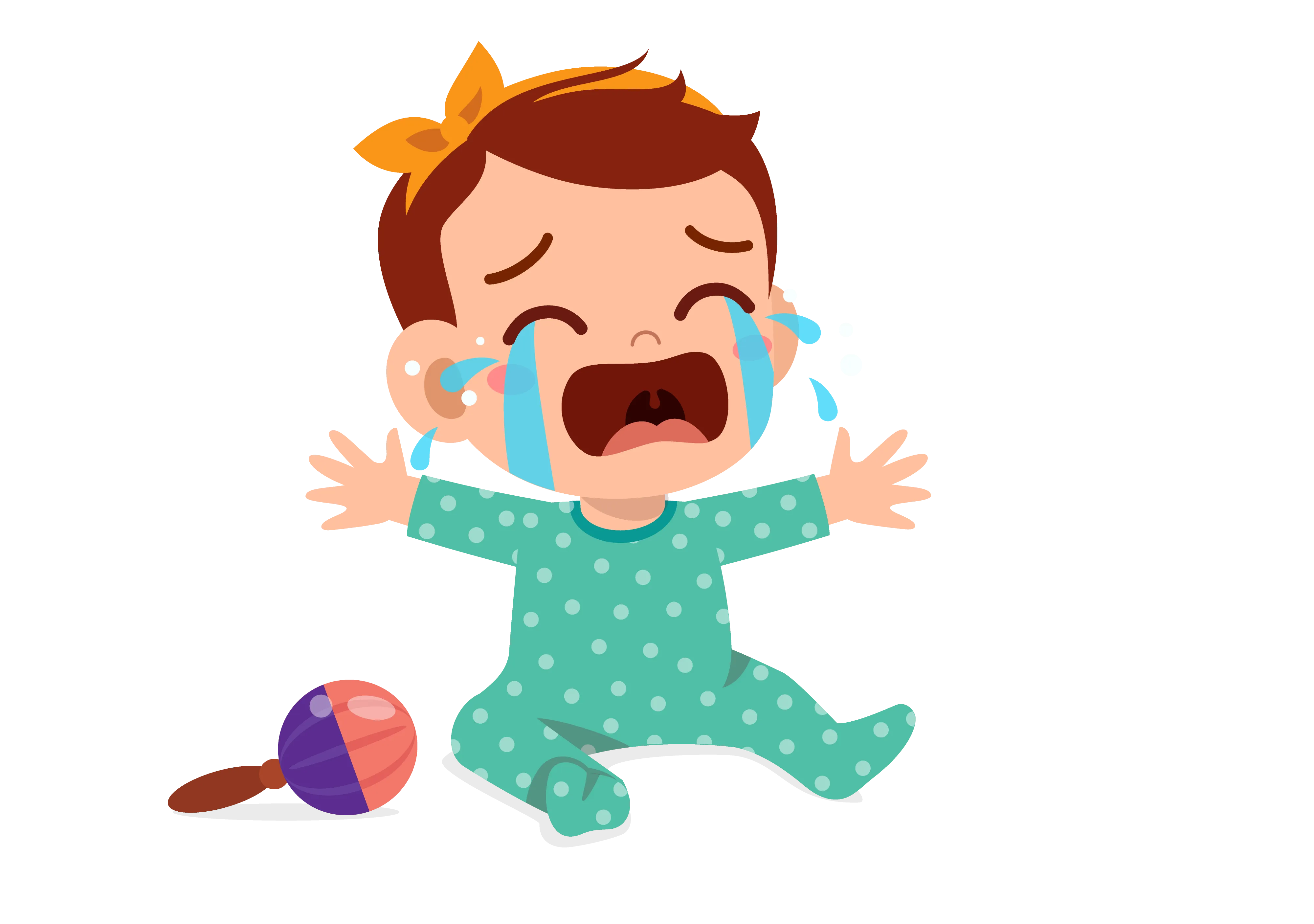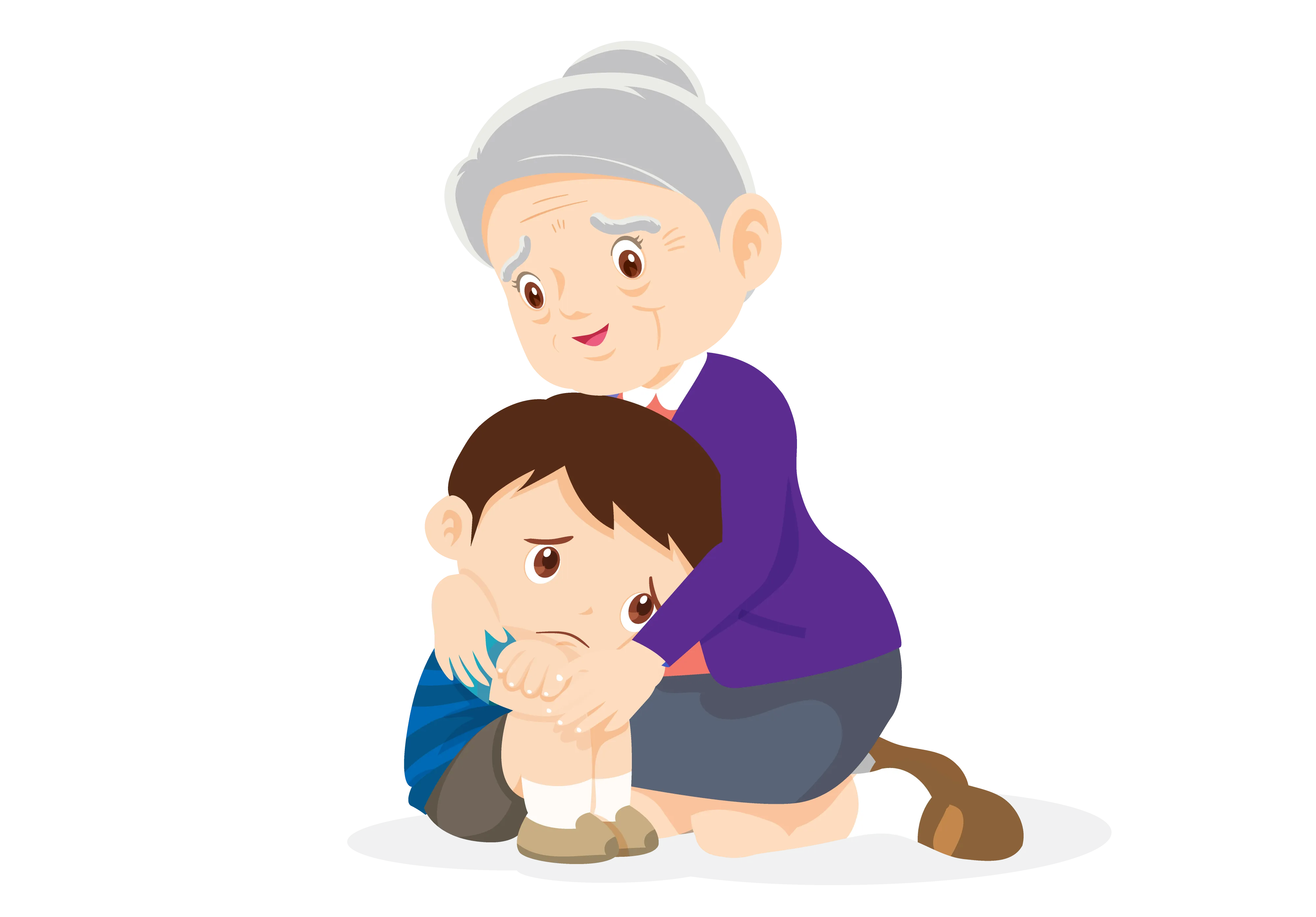Paediatrician | 6 min read
What is Colic in Babies: Causes, Signs, and Treatment
Medically reviewed by
- Table of Content
Synopsis
Colic in babies is treated in different ways based on how they are fed or cared for. Fussiness and high-pitched crying are common signs of colic in newborns. Read to know how to address this issue.
Key Takeaways
- About 30% of infants are known to have colic
- Colic in babies may dissolve within four months
- Unstoppable crying is one of the top signs of colic in newborn
Colic in babies is a common condition among infants aged between six weeks to three months. In the case of colic, newborn cries for hours without any apparently explainable reason [1]. About 30% of babies are known to have this condition [2]. Once a fit of colic begins, it can last for three hours or more, and such episodes may happen more than three times a week. The signs of colic in a newborn can be stressful for parents as they appear without any notice, and the sudden fit of crying seems to be never ending.
Colic in babies usually leads to flatulence and makes your baby fussy. Colic episodes usually occur in the evening and night, which may affect the sleep cycle of the baby as well as the parents. Though signs of colic in a newborn may disappear within four months, all this may make the colic treatment necessary. Read on to know more about colic in babies, its causes, symptoms, and treatment methods to cure it.

Potential Causes of Colic in Babies
While the exact causes of colic have not yet been pinpointed, these conditions are believed to lead to colic in babies.
- When they find it difficult to adjust to the stimulus of the world: It is important that newborns learn to bear with the lights and sounds around them. However, babies have different kinds of temperaments, and as individuals, their reactions to situations around them are unique. Thus, colic in babies acts as a transitional phase as they learn to cope with different worldly situations.
- When their nervous system is yet to develop to its full potential: In some cases, it takes time for your baby’s nervous system to mature, and as a result, they may become sensitive even to mild stimulation. As they grow up, they are able to take full control of their nervous system, and signs of colic in newborns completely vanish.
Apart from the above, you may come across the following theories about the causes of colic in babies, but note that they are usually baseless:
- Sensitivity to gas
- Allergy to milk protein

Common Signs of Colic in Newborns
If apparently healthy babies turn fussy and start crying at a high pitch in the evening, it is a symptom of colic in babies. In such situations, it becomes quite stressful and challenging to calm them down. Colic in babies can also accompany the following signs:
- Flatulence and burping
- The feeling of tightness in the abdomen
- A bright red face
- A tendency to clench their feet and curl up their legs towards their belly during their crying fit
These signs may resemble the symptoms of other health conditions, so make sure to consult a doctor for proper diagnosis and guidance.

Diagnose Colic in Babies
In order to diagnose or rule out colic in babies, tell your pediatrician the following details about the baby’s symptoms:
- The frequency and duration of your baby’s crying jag
- Whether you have noticed any triggers for these symptoms
- Whether there is anything that can quickly calm down your baby
Doctors may also recommend blood and radiology tests to determine if the symptoms are an indication of any other disorder apart from colic in babies.
Treatment for Colic
When it comes to colic treatment, the effective procedures may differ among babies. So, it is best to talk to a pediatrician to find out which remedy can work out for your newborn. In case you feed your child using a bottle, doctors may ask you to use a curved bottle so that you can hold the newborn straight while feeding them. It is also crucial to make your baby burp frequently to reduce the amount of air inside their body.
Apart from these measures, you can also try the following.
- Feed your baby whenever required: It is important to keep the stomach of your newborn full. But make sure not to overfeed or force-feed them as that can further spike colic symptoms.
- Try changing the baby’s position at regular intervals: When children are grumpy, carrying them on your lap or changing their position helps a lot to calm them down, as such activities keep them busy, and don’t let boredom set in.
- Make sure your baby has something to keep him or her busy: Have interesting playthings of different colors, shapes, or movements to boost their cognitive ability as well as keep them engaged.
- Do different activities with your baby: Activities like talking, singing, or narrating a story can help keep babies engaged as well as help them learn to communicate quickly. You can also walk them or play with them to keep them in the best mood. Also, hold them, cuddle them, and give them softback massages as all kinds of touch can help.
Apart from these colic treatment options, remember that in case you are breastfeeding your baby, doctors may ask you to avoid allergic products to reduce the chances of an adverse reaction. This includes eggs, wheat, nuts, or milk for a certain period of time.
Additional Read: Taking care of a newborn to a COVID -19 positive motherDealing with colic in babies may sometimes become excessively difficult for parents. Do not hesitate to ask for help from family members or hire a nanny or Japa if you need help. Make sure to give your health the required attention, too, so that you can take proper care of your baby! Whether it is to diagnose colic in babies or to get answers to other questions regarding their symptoms, you can opt for a convenient online doctor consultation on Bajaj Finserv Health.
Consult with top pediatrics near your location or anywhere across India on this platform to keep colic in babies at bay with ease. During a tel consult, you can also ask doctors about other conditions common in babies, such as Apert syndrome, newborn cough & cold, and more. This way, you can watch out for alarming symptoms and get your baby treated at the right time.
- References
- https://www.ncbi.nlm.nih.gov/pmc/articles/PMC2011617/?page=1
- https://www.ncbi.nlm.nih.gov/pmc/articles/PMC3411470/
- Disclaimer
Please note that this article is solely meant for informational purposes and Bajaj Finserv Health Limited (“BFHL”) does not shoulder any responsibility of the views/advice/information expressed/given by the writer/reviewer/originator. This article should not be considered as a substitute for any medical advice, diagnosis or treatment. Always consult with your trusted physician/qualified healthcare professional to evaluate your medical condition. The above article has been reviewed by a qualified doctor and BFHL is not responsible for any damages for any information or services provided by any third party.




